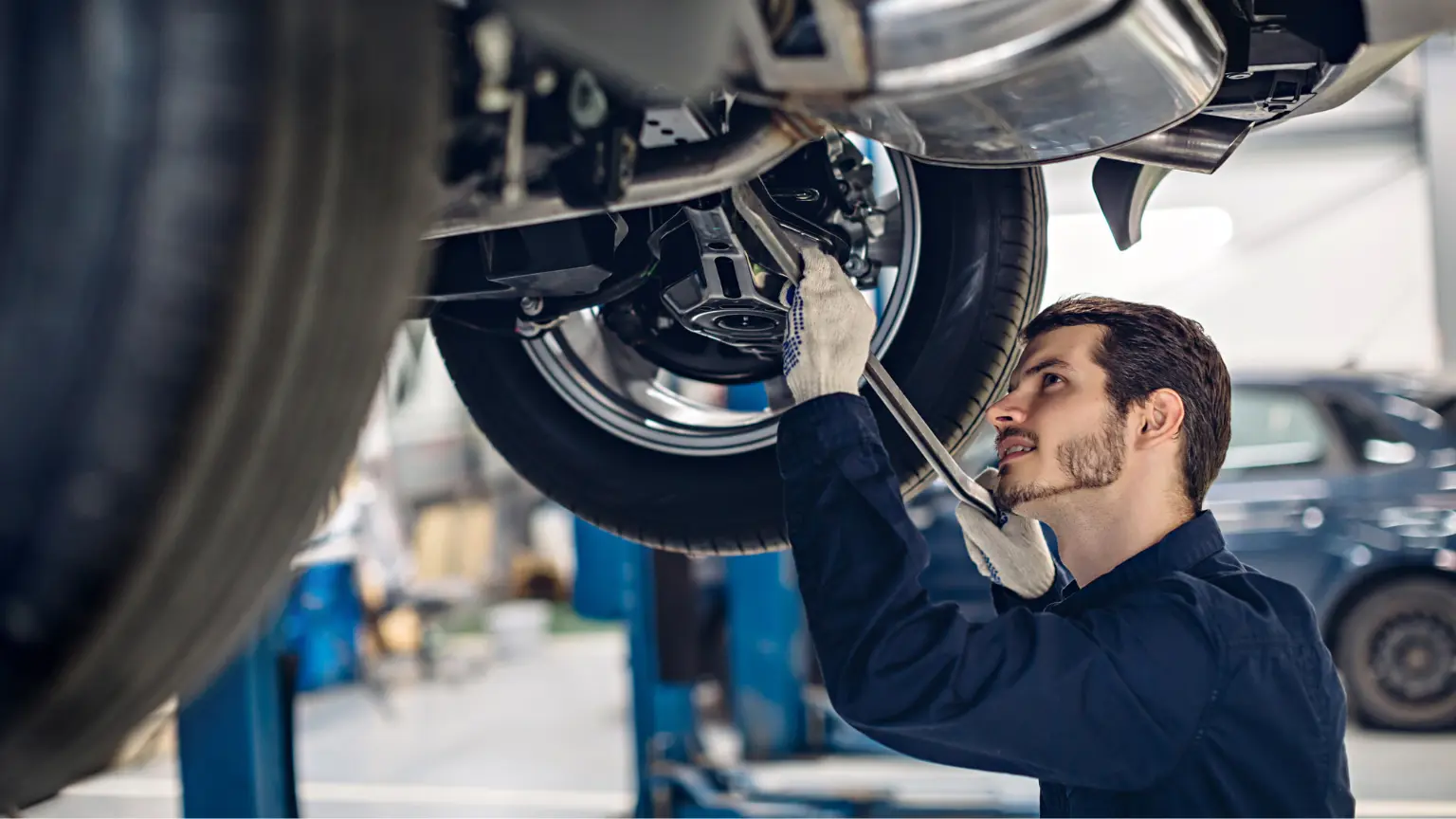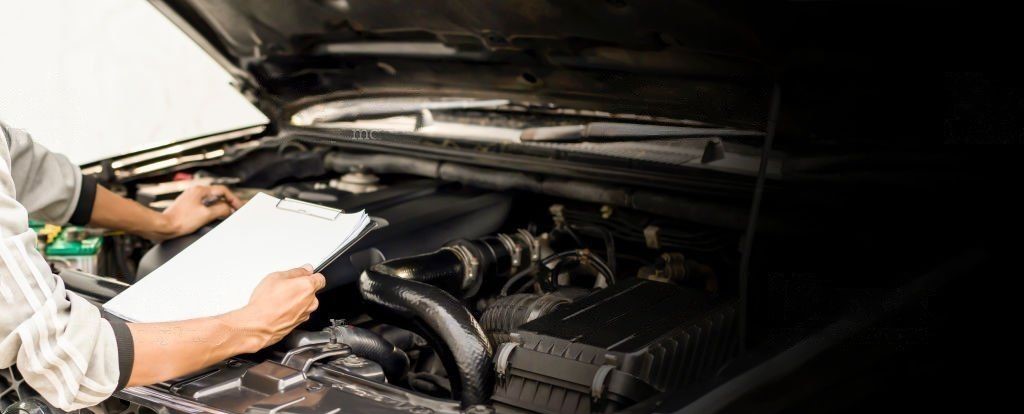The day-to-day operation of your car depends largely on the condition of its transmission. If it’s not functioning effectively, one of the most affordable and straightforward solutions is to purchase a remanufactured transmission. Although the array of options may seem overwhelming, this guide will help you navigate the process and make the right choice.
1. Know What Your Vehicle Needs
Before buying any remanufactured transmission, ensure you understand your vehicle’s requirements. Consult the owner’s manual or speak with a trusted mechanic to confirm the transmission model, type, and technical specifications your car needs. Accurate information minimizes errors in the purchase process and ensures optimal transmission performance.
2. Look up the Reputation of the Seller
The reliability of the seller is crucial when purchasing a remanufactured transmission. Choose reputable retailers, manufacturers, or specialized shops with a proven track record of providing high-quality parts. Read online reviews, customer testimonials, and ratings to gauge the seller’s credibility. A trusted seller will be transparent about their processes and stand by their products.
3. Assess Quality Standards
Not all remanufactured transmissions are created equally. The best options are fully inspected, disassembled, and rebuilt with new or reconditioned parts to meet OEM (Original Equipment Manufacturer) standards. Confirm that the transmission you’re considering has undergone rigorous testing for performance and durability.
4. Look for Warranties
A warranty is a key factor when purchasing a remanufactured transmission. Reliable sellers offer warranties that cover defects, malfunctions, and performance issues for a specific period. A good warranty reflects the seller’s confidence in their product, providing reassurance for the buyer. Always review warranty terms and conditions before making a purchase.
5. Compare Prices
While remanufactured transmissions are generally cheaper than new ones, prices can vary widely among sellers. Shop around and compare prices to ensure you get value for your money. Remember, the cheapest option isn’t always the best—prioritize quality and reliability over cost alone.
6. Ask About Installation Assistance
Some sellers offer installation services or partner with certified mechanics to ensure proper fitting. A poorly installed transmission can result in performance issues and costly repairs. Whenever possible, choose a seller who provides expert installation support or recommendations to ensure the job is done correctly.
7. Ensure Compatibility
Verify that the remanufactured transmission you choose is compatible with your car’s make, model, and year. Request confirmation or a guarantee from the seller. Using a mismatched transmission can lead to long-term problems and negatively impact your vehicle’s performance.
8. Consider Customer Support
Dependable customer support can significantly improve your buying experience. Select a seller who is knowledgeable, responsive, and willing to answer your questions. Good customer service can guide you through the purchasing process, address concerns, and provide helpful after-sales support.
9. Seek Recommendations
Ask friends, family, or automotive professionals for recommendations on where to find the best remanufactured transmissions. Online forums and car communities can also be excellent resources for advice and reviews from people with similar experiences.
10. Read Return Policies
Despite thorough research, there’s always a chance that the transmission you purchase might not fit or meet your expectations. Check the seller’s return policy to ensure you have options in case of compatibility issues, defects, or other problems. A flexible return policy is a hallmark of a trustworthy seller.
Conclusion
Choosing a high-quality remanufactured transmission for your car doesn’t have to be a challenging task. By understanding your vehicle’s needs, prioritizing quality and reliability, and working with reputable sellers, you can find a transmission that fits your requirements and budget. Take your time to research and consult experts if needed. With the right remanufactured transmission, you’ll enjoy improved vehicle performance and a smoother ride—all at a fraction of the cost of a new unit.The day-to-day operation of your car depends largely on the condition of its transmission. If it’s not functioning effectively, one of the most affordable and straightforward solutions is to purchase a remanufactured transmission. Although the array of options may seem overwhelming, this guide will help you navigate the process and make the right choice.
1. Know What Your Vehicle Needs
Before buying any remanufactured transmission, ensure you understand your vehicle’s requirements. Consult the owner’s manual or speak with a trusted mechanic to confirm the transmission model, type, and technical specifications your car needs. Accurate information minimizes errors in the purchase process and ensures optimal transmission performance.
2. Look up the Reputation of the Seller
The reliability of the seller is crucial when purchasing a remanufactured transmission. Choose reputable retailers, manufacturers, or specialized shops with a proven track record of providing high-quality parts. Read online reviews, customer testimonials, and ratings to gauge the seller’s credibility. A trusted seller will be transparent about their processes and stand by their products.
3. Assess Quality Standards
Not all remanufactured transmissions are created equally. The best options are fully inspected, disassembled, and rebuilt with new or reconditioned parts to meet OEM (Original Equipment Manufacturer) standards. Confirm that the transmission you’re considering has undergone rigorous testing for performance and durability.
4. Look for Warranties
A warranty is a key factor when purchasing a remanufactured transmission. Reliable sellers offer warranties that cover defects, malfunctions, and performance issues for a specific period. A good warranty reflects the seller’s confidence in their product, providing reassurance for the buyer. Always review warranty terms and conditions before making a purchase.
5. Compare Prices
While remanufactured transmissions are generally cheaper than new ones, prices can vary widely among sellers. Shop around and compare prices to ensure you get value for your money. Remember, the cheapest option isn’t always the best—prioritize quality and reliability over cost alone.
6. Ask About Installation Assistance
Some sellers offer installation services or partner with certified mechanics to ensure proper fitting. A poorly installed transmission can result in performance issues and costly repairs. Whenever possible, choose a seller who provides expert installation support or recommendations to ensure the job is done correctly.
7. Ensure Compatibility
Verify that the remanufactured transmission you choose is compatible with your car’s make, model, and year. Request confirmation or a guarantee from the seller. Using a mismatched transmission can lead to long-term problems and negatively impact your vehicle’s performance.
8. Consider Customer Support
Dependable customer support can significantly improve your buying experience. Select a seller who is knowledgeable, responsive, and willing to answer your questions. Good customer service can guide you through the purchasing process, address concerns, and provide helpful after-sales support.
9. Seek Recommendations
Ask friends, family, or automotive professionals for recommendations on where to find the best remanufactured transmissions. Online forums and car communities can also be excellent resources for advice and reviews from people with similar experiences.
10. Read Return Policies
Despite thorough research, there’s always a chance that the transmission you purchase might not fit or meet your expectations. Check the seller’s return policy to ensure you have options in case of compatibility issues, defects, or other problems. A flexible return policy is a hallmark of a trustworthy seller.
Conclusion
Choosing a high-quality remanufactured transmission for your car doesn’t have to be a challenging task. By understanding your vehicle’s needs, prioritizing quality and reliability, and working with reputable sellers, you can find a transmission that fits your requirements and budget. Take your time to research and consult experts if needed. With the right remanufactured transmission, you’ll enjoy improved vehicle performance and a smoother ride—all at a fraction of the cost of a new unit.The day-to-day operation of your car depends largely on the condition of its transmission. If it’s not functioning effectively, one of the most affordable and straightforward solutions is to purchase a remanufactured transmission. Although the array of options may seem overwhelming, this guide will help you navigate the process and make the right choice.
1. Know What Your Vehicle Needs
Before buying any remanufactured transmission, ensure you understand your vehicle’s requirements. Consult the owner’s manual or speak with a trusted mechanic to confirm the transmission model, type, and technical specifications your car needs. Accurate information minimizes errors in the purchase process and ensures optimal transmission performance.
2. Look up the Reputation of the Seller
The reliability of the seller is crucial when purchasing a remanufactured transmission. Choose reputable retailers, manufacturers, or specialized shops with a proven track record of providing high-quality parts. Read online reviews, customer testimonials, and ratings to gauge the seller’s credibility. A trusted seller will be transparent about their processes and stand by their products.
3. Assess Quality Standards
Not all remanufactured transmissions are created equally. The best options are fully inspected, disassembled, and rebuilt with new or reconditioned parts to meet OEM (Original Equipment Manufacturer) standards. Confirm that the transmission you’re considering has undergone rigorous testing for performance and durability.
4. Look for Warranties
A warranty is a key factor when purchasing a remanufactured transmission. Reliable sellers offer warranties that cover defects, malfunctions, and performance issues for a specific period. A good warranty reflects the seller’s confidence in their product, providing reassurance for the buyer. Always review warranty terms and conditions before making a purchase.
5. Compare Prices
While remanufactured transmissions are generally cheaper than new ones, prices can vary widely among sellers. Shop around and compare prices to ensure you get value for your money. Remember, the cheapest option isn’t always the best—prioritize quality and reliability over cost alone.
6. Ask About Installation Assistance
Some sellers offer installation services or partner with certified mechanics to ensure proper fitting. A poorly installed transmission can result in performance issues and costly repairs. Whenever possible, choose a seller who provides expert installation support or recommendations to ensure the job is done correctly.
7. Ensure Compatibility
Verify that the remanufactured transmission you choose is compatible with your car’s make, model, and year. Request confirmation or a guarantee from the seller. Using a mismatched transmission can lead to long-term problems and negatively impact your vehicle’s performance.
8. Consider Customer Support
Dependable customer support can significantly improve your buying experience. Select a seller who is knowledgeable, responsive, and willing to answer your questions. Good customer service can guide you through the purchasing process, address concerns, and provide helpful after-sales support.
9. Seek Recommendations
Ask friends, family, or automotive professionals for recommendations on where to find the best remanufactured transmissions. Online forums and car communities can also be excellent resources for advice and reviews from people with similar experiences.
10. Read Return Policies
Despite thorough research, there’s always a chance that the transmission you purchase might not fit or meet your expectations. Check the seller’s return policy to ensure you have options in case of compatibility issues, defects, or other problems. A flexible return policy is a hallmark of a trustworthy seller.
Conclusion
Choosing a high-quality remanufactured transmission for your car doesn’t have to be a challenging task. By understanding your vehicle’s needs, prioritizing quality and reliability, and working with reputable sellers, you can find a transmission that fits your requirements and budget. Take your time to research and consult experts if needed. With the right remanufactured transmission, you’ll enjoy improved vehicle performance and a smoother ride—all at a fraction of the cost of a new unit.


